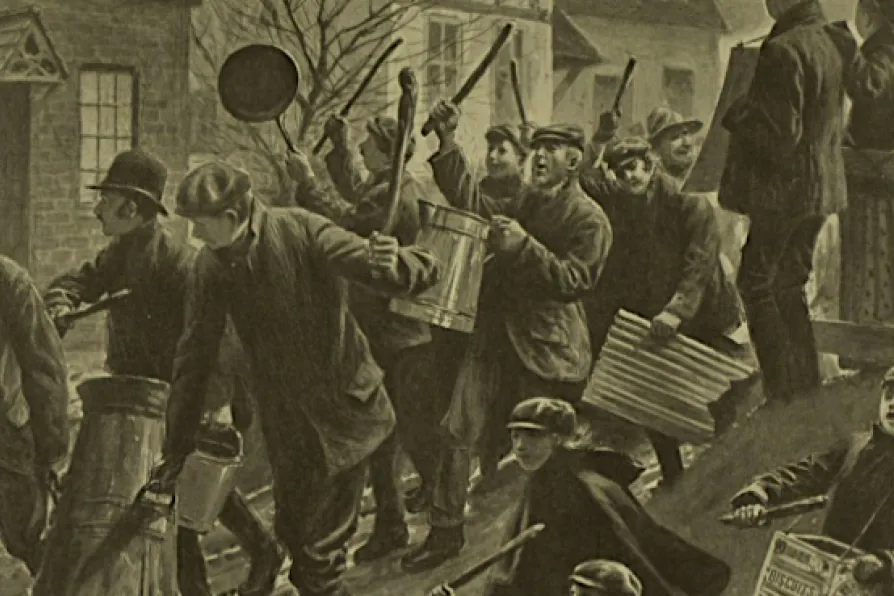As Colombia approaches presidential elections next year, the US decision to decertify the country in the war on drugs plays into the hands of its allies on the political right, writes NICK MacWILLIAM


THE administration of Prime Minister Boris Johnson has been marked by him being booed by crowds of protesters in England, Scotland, Wales and Northern Ireland.
One could argue that Johnson has united the country in protest more quickly than any recent premier and this may be his most significant and perhaps his only achievement as Prime Minister.
No doubt some on the right will label the protesting crowds a “mob” and argue that as a new PM Johnson has a democratic mandate.

In 1981, towering figure for the British left Tony Benn came a whisker away from victory, laying the way for a wave of left-wing Labour Party members, MPs and activism — all traces of which are now almost entirely purged by Starmer, writes KEITH FLETT

Who you ask and how you ask matter, as does why you are asking — the history of opinion polls shows they are as much about creating opinions as they are about recording them, writes socialist historian KEITH FLETT

KEITH FLETT revisits debates about the name and structure of proposed working-class parties in the past

The summer saw the co-founders of modern communism travelling from Ramsgate to Neuenahr to Scotland in search of good weather, good health and good newspapers in the reading rooms, writes KEITH FLETT













